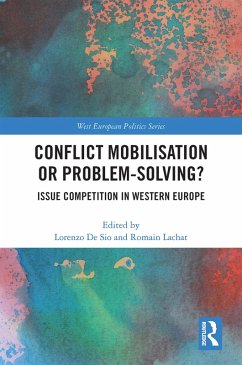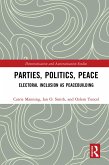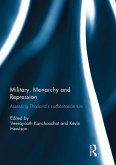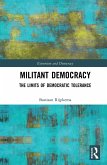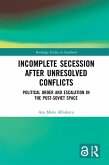The contributors to this volume cast a new light on electoral developments that have affected Western Europe in recent years, pointing to the key distinction between problem-solvers (parties and leaders that leverage their technocratic competence, and present a consensual, win-win view of contemporary transformations) and conflict mobilizers (that instead invest on the mobilization of conflict emerging from these transformations), as well as to the ability of some actors to mobilize voters across traditional ideological boundaries. In this light, parties commonly identified as "populist" simply emerge distinctively as cross-ideological conflict mobilizers; but mainstream parties appear vital and competitive as well, when they properly identify and leverage their issue advantages. Thus, the fate of democracy in Western Europe does not appear doomed to a triumph of populist appeals, but rather openly depending on the ability of political parties to leverage issue opportunities that emerge from societal demands and needs.
The chapters in this book were originally published as a special issue of West European Politics.
Dieser Download kann aus rechtlichen Gründen nur mit Rechnungsadresse in A, B, BG, CY, CZ, D, DK, EW, E, FIN, F, GR, HR, H, IRL, I, LT, L, LR, M, NL, PL, P, R, S, SLO, SK ausgeliefert werden.

